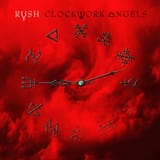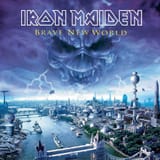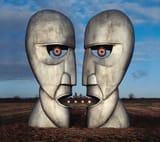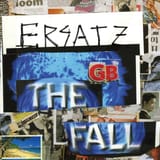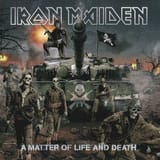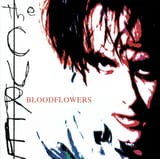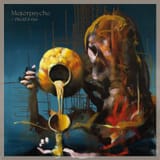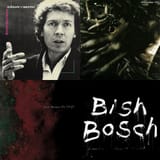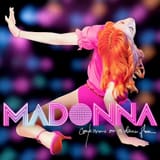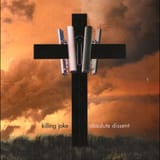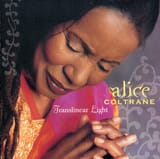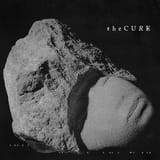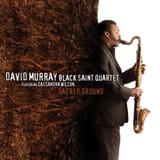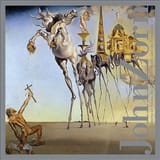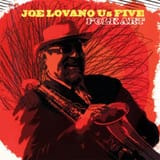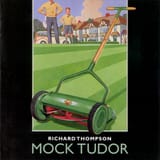>>127318381
I've thought about this a lot over the years, as I'm sure a lot of people have, and I've never really come up with a satisfactory answer myself, but I have a few hypotheses
1. Popular music is inherently a far more commercialized environment than classical music, which is more academic. Classical composers, past or present, were probably bound by less of an incentive to adapt to new tastes and styles even if it was the beginning of a new movement, because they didn't have to worry as much about pressure from managers and labels and their own paychecks. Plenty of composers made music as an aside to their residencies in universities, so not only were they always going to make a living, they also had more time in the oven for new compositions
2. Popular music over the past century has often evolved at such a rapid pace that past paradigms can be turned on their heads in only a few years. One especially true example is hip hop and other electronic music in the 1990s, where the technology and composition techniques between the start and the end of the decade are almost unrecognizable, and electronic albums considered cutting-edge in 1990 might sound hopelessly primitive compared to what was possible even five years later, let alone nine
3. People almost always prefer what's familiar to them, and get more complacent and less explorative as they age, so once a musician finds one workflow that they like, that might be the one workflow they'll keep using forever. This compounds with point #2 to create a situation where musicians set in their ways encounter a new approach to making music and have no idea how to use it to good effect or are completely unwilling to learn, so the end result is awkward and dispassionate and clearly just holding out for the nostalgia revival period that they can coast on ten years later
